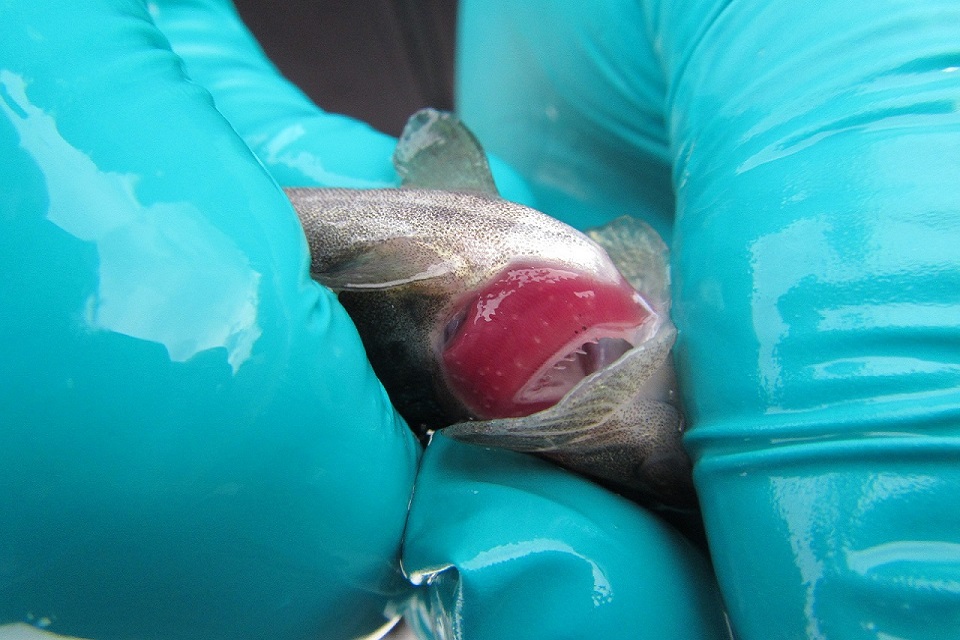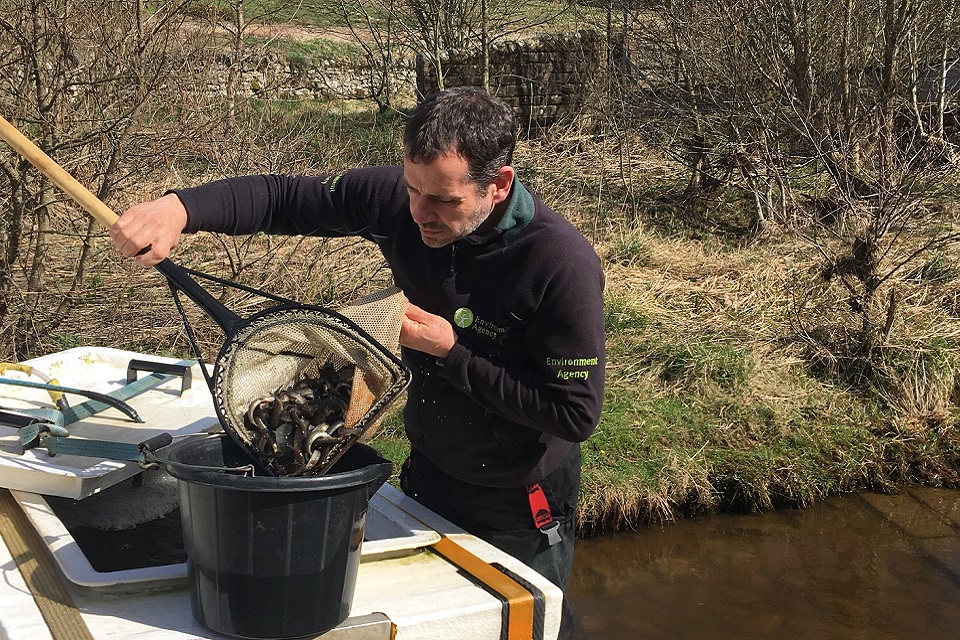Press release: Jail term for Scunthorpe waste operator
Yesterday, Nessa Anne Thompson, of Thompson Waste Recycling Ltd was sentenced at Hull Crown Court in relation to two charges relating to waste site operations in Scunthorpe. This followed as a result of the defendant pleading guilty to both offences.
Ms Thompson from Scotter Road, Scunthorpe was sentenced to a total of 6 months in custody. She was also disqualified from being a director for a period of 7 years.
The charges were brought by the Environment Agency contrary to section 33(1)(c) and section 157(1) of the Environmental Protection Act 1990 and one contrary to Regulation 12(1)(a) and Regulation 41(1) of the Environmental Permitting (England & Wales) Regulations 2010.
Ms Thompson operated an illegal waste operation for the company that had previously held a permit until it went into administration before liquidation. The permit at this point was formally disclaimed.
The site at Winterton Road in Scunthorpe continued to be used and waste was stored in large quantities and in such a manner that it presented a human health and fire risk.
When the site did catch fire on 6 May 2014, firefighters attending the scene were even advised not to re-use the firewater due to the risk of waterborne diseases linked to the number of rats on site.
As a result of inadequate fire breaks at the site efforts to prevent the spread of fire was hampered, causing a greater impact to the adjacent businesses and the wider community.
Speaking after the case, an Environment Agency officer involved with the investigation said:
This site posed a risk to property, the local environment, and people’s health because our advice was ignored.
This prosecution demonstrates that we take cases such as this very seriously and will not hesitate to prosecute if necessary, to protect the environment and local communities.
In mitigation, the court heard that the defendant had pleaded guilty to both offences and she was given credit for that. It also heard that her partner was in poor health and that they were both suffering from significant financial hardship.
In passing sentence, the judge said there had been a deliberate flouting of environmental regulations by the defendant. He commented that as the Technically Competent Manager for the site, she would have been well aware that there was no permit in place at the site. He found that there had been attempts to conceal the illegal activity. The judge noted that Ms Thompson has previous convictions for breaches of environmental legislation, for which she was under investigation at the time the current offences were committed. He said that this amounted to a significant aggravating feature.
-ends-
Notes to Editors
Charges
Count 1
PERMITTING THE TREATING, KEEPING OR DISPOSING OF CONTROLLED WASTE IN A MANNER LIKELY TO CAUSE POLLUTION OF THE ENVIRONMENT OR HARM TO HUMAN HEALTH contrary to Section 33(1)(c) and Section 157(1) of the Environmental Protection Act 1990
NESSA ANNE THOMPSON as director of Thompson Waste Recycling Ltd, on or before 6 May 2014 Thompson Waste Recycling Ltd Thompson Yard, Winterton Road, Scunthorpe, North Lincolnshire, DN15 0DH, did treat, keep or dispose of controlled waste in a manner likely to cause pollution to the environment or harm to human health on land at Winterton Road, Scunthorpe, DN15 0DH, namely mixed waste that was being brought onto the site, processed and stored in a manner which posed a fire risk and which did result in two fires on site, and the said offence was committed with your consent, connivance, or attributable to your neglect, as director.
Count 2
PERMITTING THE OPERATION OF A REGULATED FACILITY WITHOUT AN ENVIRONMENTAL PERMIT contrary to Regulation 12(1)(a) and Regulation 38(1)(a) and Regulation 41(1)(a) and (b) of the Environmental Permitting Regulations 2010
NESSA ANNE THOMPSON, as director of Thompson Waste Recycling Ltd, between 18 March 2014 and 13 August 2014 Thompson Waste Recycling Ltd of Thompson Yard, Winterton Road, Scunthorpe, North Lincolnshire, DN15 0DH, operated a regulated facility, which was not authorised by a permit, namely a non-exempt waste operation, on land at Winterton Road, Scunthorpe, DN15 0DH, involving the deposit and processing of waste at the site and the said offence was committed with your consent, connivance, or attributable to your neglect, as director.

